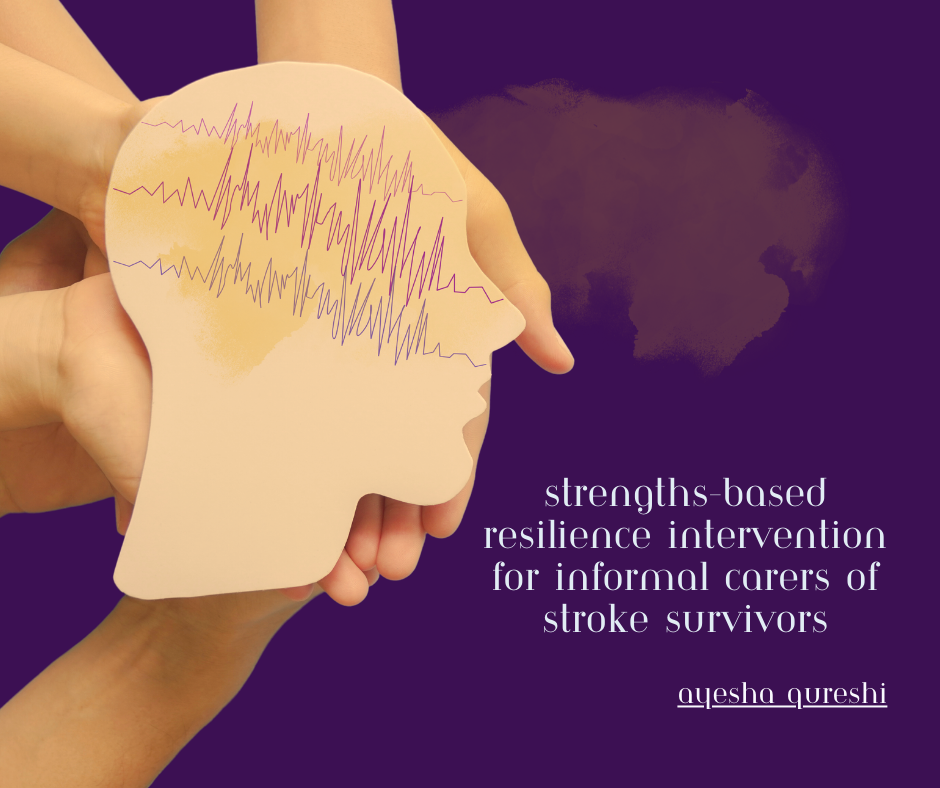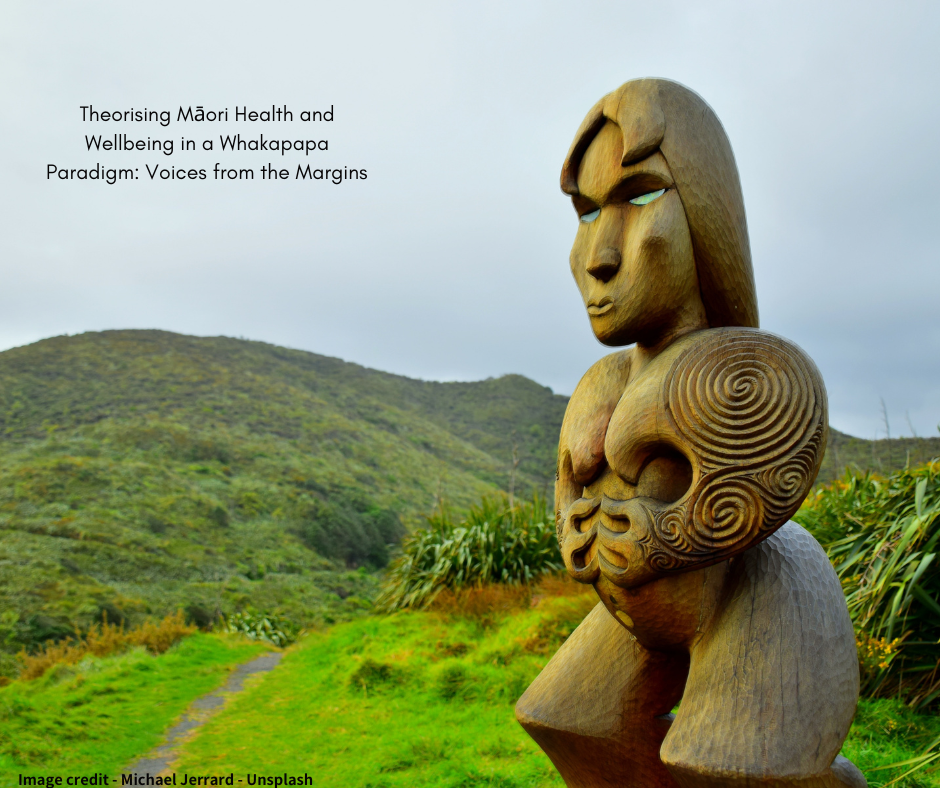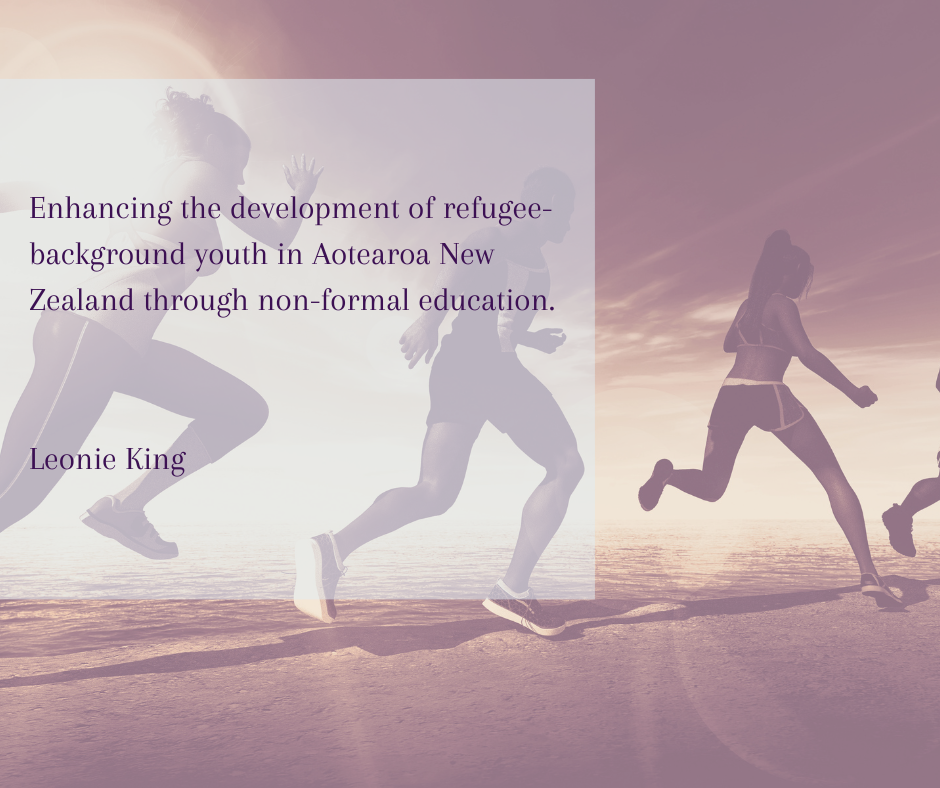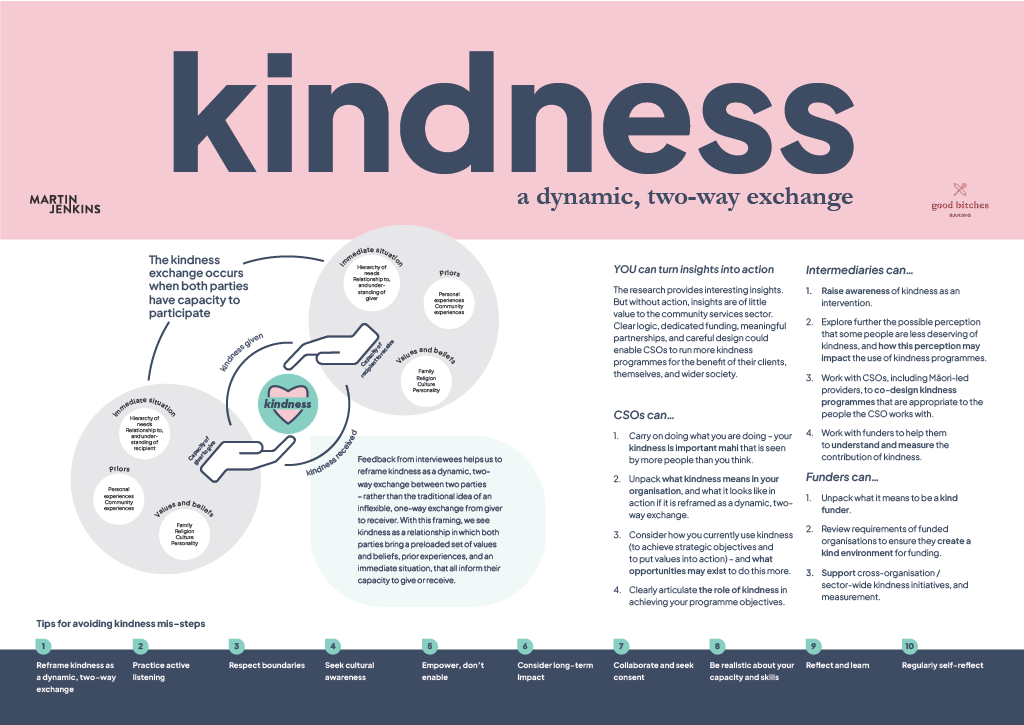Blog
The News and musings from the yards, barrel halls and tasting panels, and from on the road traveled between.
Strengths-based resilience intervention for informal carers of stroke survivors

Stroke is considered the most common cause of long-term and complex disability, often resulting in a combination of sensory, motor, and cognitive deficits. Stroke survivors return to live in the…
Lots of Little Fires

Video Story-Telling for The Waikato Wellbeing Project The concept of ‘lots of little fires’ captures the idea that there are many small ‘fires’ of passionate people ‘burning bright’ across the…
Perceived Discrimination as Experienced by Muslims in New Zealand Universities
Since the March 15 attacks in Christchurch, there has been raised awareness and new and strong enthusiasm to understand the experiences of the Muslim minority community. This exploratory paper investigates…
Theorising Māori Health and Wellbeing in a Whakapapa Paradigm: Voices from the Margins

This thesis explores communication infrastructures at the margins of Indigeneity to understand Māori health and wellbeing meanings, challenges, strategies and solutions, articulated by whānau whose voices have been ignored, or…
Scouts Aotearoa Healthy Norms Project Evaluation
In 2021, Scouts Aotearoa, with support from Point, initiated an innovative project to address harmful gender norms within the movement. The impetus for this project was the results of an…
Designing for health equity: A mixed method study exploring community experiences and perceptions of pharmacists’ role in minor ailment care
Minor ailments are self-limiting, easily diagnosable and treatable conditions. Funded pharmacist minor ailments services (PMAS) have been posited to improve medicines access equity and, despite ethnic minorities across the globe…
Establishing research tikanga to manaaki research participants in a pandemic
The need for, and importance of, kaupapa Māori methods in science and health research is now clearly articulated in best practice guidance1,2 and is increasingly recognised as important by research…
Māori, pharmacists, and medicines adherence – A mixed methods study exploring indigenous experiences of taking medicines ‘as prescribed’ and mechanisms of support
Background: Medicines are the most common medical intervention and medicines adherence is associated with improved clinical outcomes. Understanding drivers and experiences of medicines adherence is important for optimising medicines use.…
Colonization’s Impact on Fiji, New Zealand, India and Cultural Intersectionalities
Colonization’s Impact on Fiji, New Zealand, India and Cultural Intersectionalities Colonization had a profound effect on the Maori, Indian, Fiji Indian and Native Fijian population, intersecting with the Auckland Sugar…
Enhancing the development of refugee-background youth in Aotearoa New Zealand through non-formal education

Globally, non-formal education (NFE) plays an important role in youth development. However, while universal approaches to youth development are well researched, there is little research on what influences positive youth…
The COVID-19 Pandemic’s Impact on the Health of Rohingya Refugees
The flows of COVID-19 across global terrains work unequally, impacting disproportionately the margins of global spaces. Refugees constitute the “margins of the margins” of globalization, constituted in spaces without access…

